Apple banned from selling iPhone 16 in Indonesia
Apple's iPhone 16 is banned from sale in Indonesia due to issues related to investment commitments and localization rate certificates.
Indonesian Industry Minister Agus Gumiwang Kartasasmita confirmed that the iPhone 16 is banned from sale in the country until Apple fulfills its investment commitments and renews its localization rate certificate - TKDN.
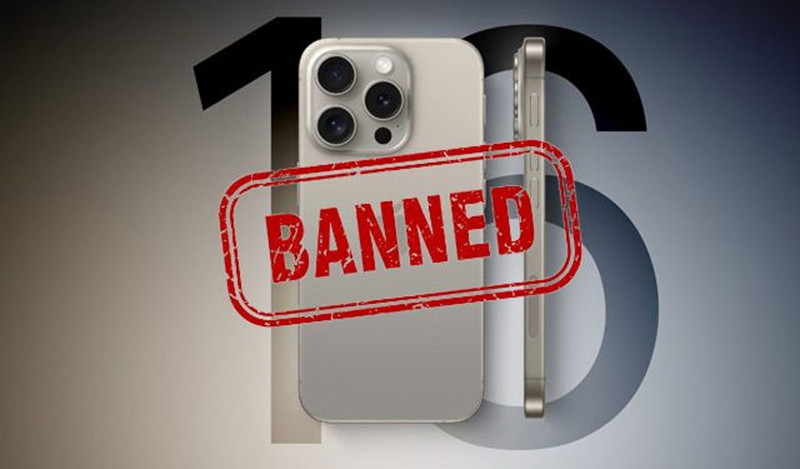
Responding to local media at the event on October 8, Mr. Agus said: “Apple’s iPhone 16 cannot be sold in Indonesia yet because the renewal of the TKDN certification is still pending, as well as waiting for Apple to make further investments.”
According to Mr. Agus, Apple previously applied for a TKDN certificate so it was allowed to sell products in Indonesia. However, the license has expired and must be renewed.
TKDN refers to the percentage of local content in a good or service. To achieve the certification, the local content in Apple products must meet at least 40% of the value.
Apple has also failed to meet its investment commitments to the country, Agus added. The minister was quoted by the media as saying that the company had only invested 1.48 trillion rupiah ($94.53 million), lower than its total commitment of 1.71 trillion rupiah.
If Apple fulfills its investment commitment, the government will allow Apple to sell iPhone 16 and its latest products in the market.
Samsung apologizes
Samsung Electronics posted a lengthy apology after announcing disappointing preliminary business results, a move that was considered unusual.
In a statement, Jun Young Hyun, the new head of Samsung’s chip division, said the company would review its culture and organizational processes. “Instead of focusing on short-term solutions, we will focus on strengthening our long-term competitiveness,” he said.
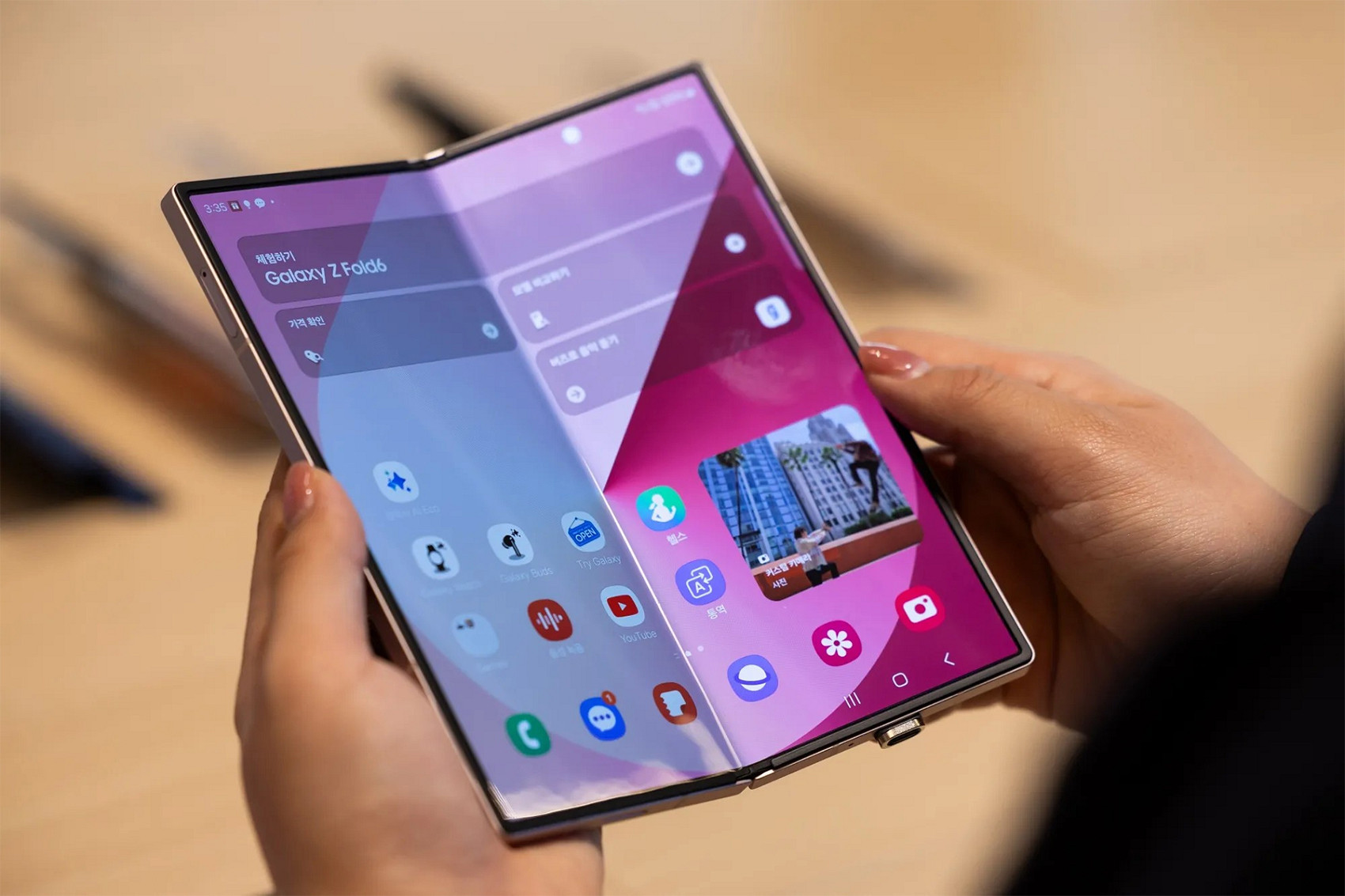
Samsung Electronics, the world’s largest maker of memory chips and smartphones, reported preliminary third-quarter operating profit of 9.1 trillion won ($6.8 billion), compared with the consensus estimate of 11.5 trillion won.
One-time costs related to performance bonus provisions weighed on earnings. Revenue came in at 79 trillion won, below expectations of 81.57 trillion won. Final results are expected at the end of the month.
“We raised concerns about technical competitiveness, some people said it was a crisis that Samsung was facing. As leaders, we take full responsibility for that,” said Mr. Jun.
Samsung shares have fallen more than 20% this year due to difficulties in key markets. South Korea’s largest chaebol has lagged behind second-place rival SK Hynix in memory chips and has made little headway in foundry technology compared to TSMC.
US considers splitting Google
The US Department of Justice has just issued recommendations on Google's business operations in the search field, showing that it is considering breaking up the corporation as an antitrust measure.
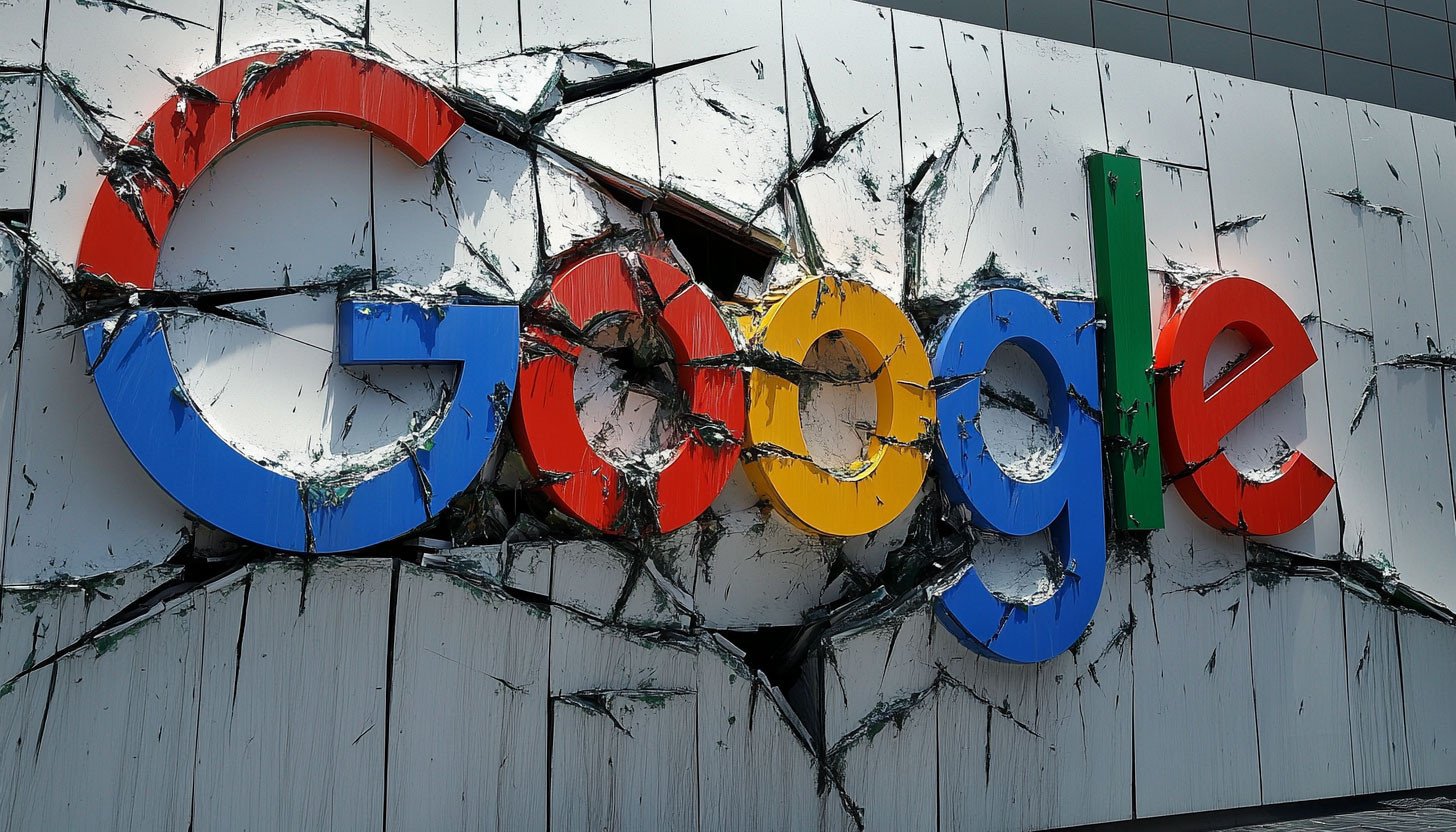
Proposed remedies to “prevent and restrain the maintenance of monopolies” could include contractual requirements and prohibitions; non-discriminatory product provisions; data and interoperability requirements; and structural requirements, according to the DOJ.
The Justice Department is also considering behavioral and structural remedies that would prevent Google from using products like Chrome, Play, and Android to give its search engine and search-related products an advantage over rivals or new entrants.
Additionally, the Justice Department proposes to limit or prohibit default agreements and “other revenue-sharing arrangements related to search and related products.”
This could include Google's placement deals on iPhones and Samsung devices, for which Google is paying billions of dollars a year. One solution is to allow users to choose between different search engines.
Earlier in August, a US judge ruled that Google holds a monopoly in the search engine market.
The ruling stems from a 2020 government lawsuit that accused Google of maintaining a large market share by creating strong barriers to competitors, creating a feedback loop that perpetuates its dominance.
The most likely scenario, according to legal experts, is for a court to order Google to break some of its exclusive agreements, like the one with Apple. A breakup of Google seems less likely.

Source: https://vietnamnet.vn/apple-bi-cam-ban-iphone-16-samsung-xin-loi-2331194.html


![[Photo] Looking back at the impressive moments of the Vietnamese rescue team in Myanmar](https://vstatic.vietnam.vn/vietnam/resource/IMAGE/2025/4/11/5623ca902a934e19b604c718265249d0)




![[Photo] "Beauties" participate in the parade rehearsal at Bien Hoa airport](https://vstatic.vietnam.vn/vietnam/resource/IMAGE/2025/4/11/155502af3384431e918de0e2e585d13a)
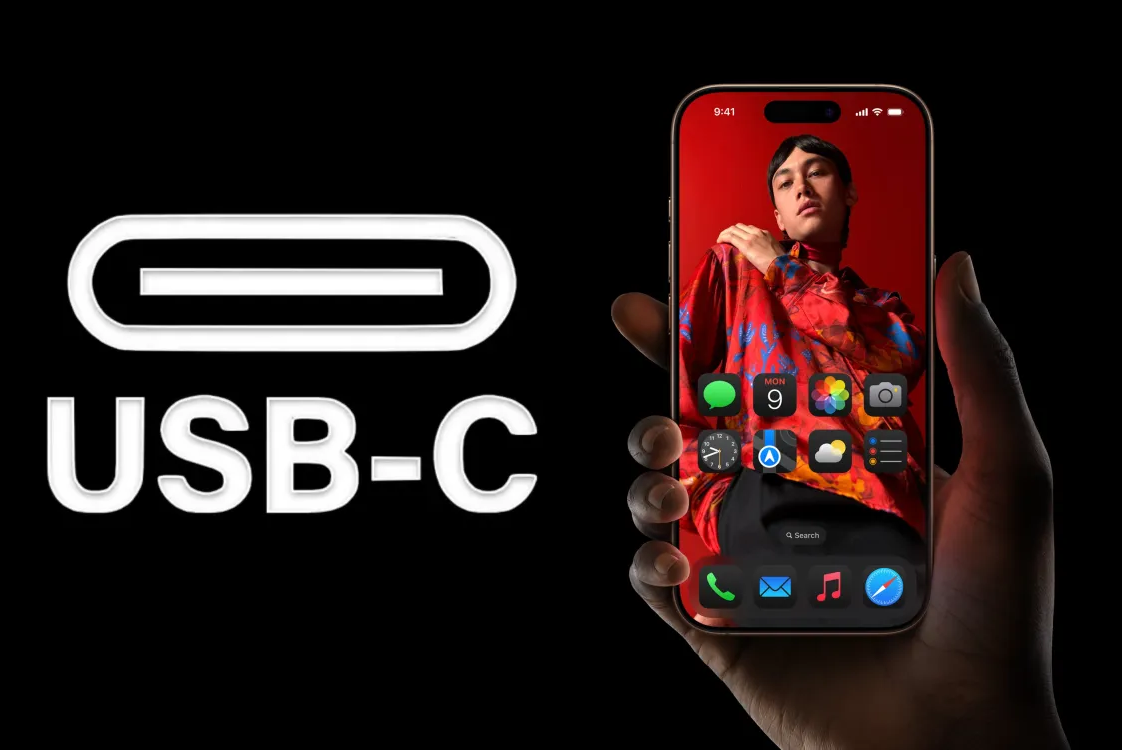






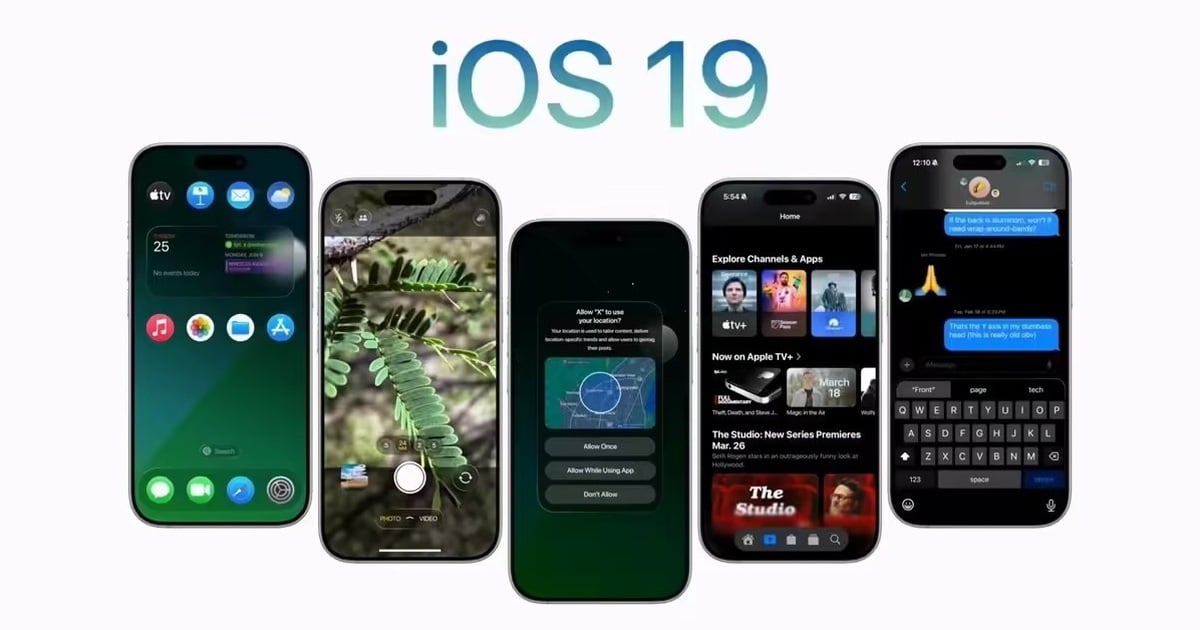

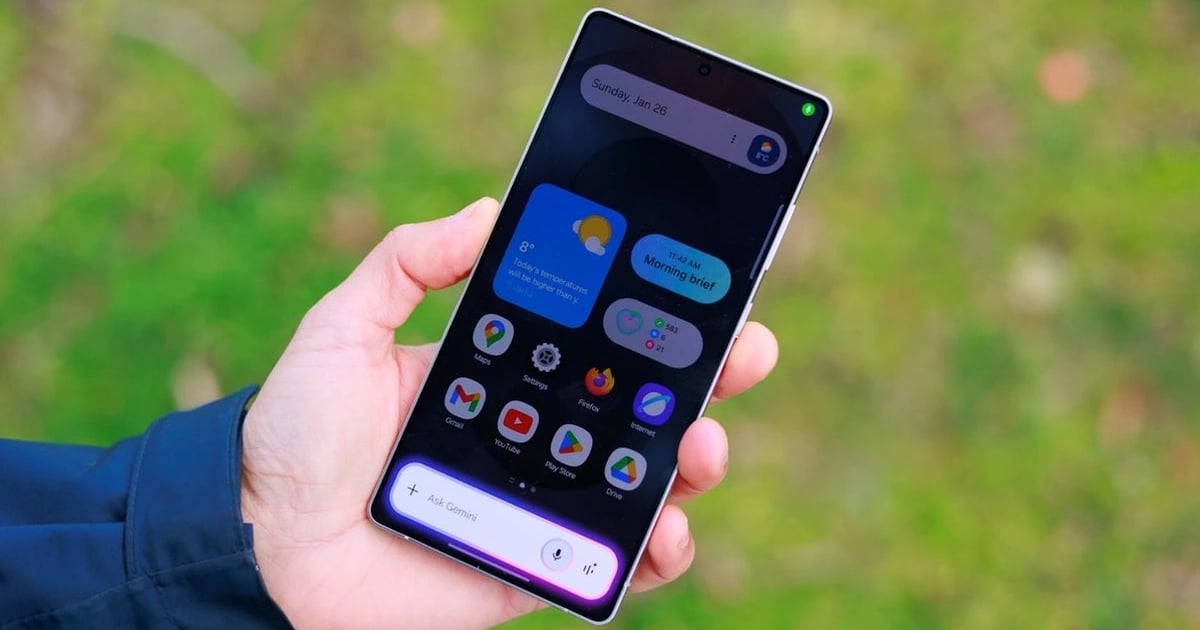

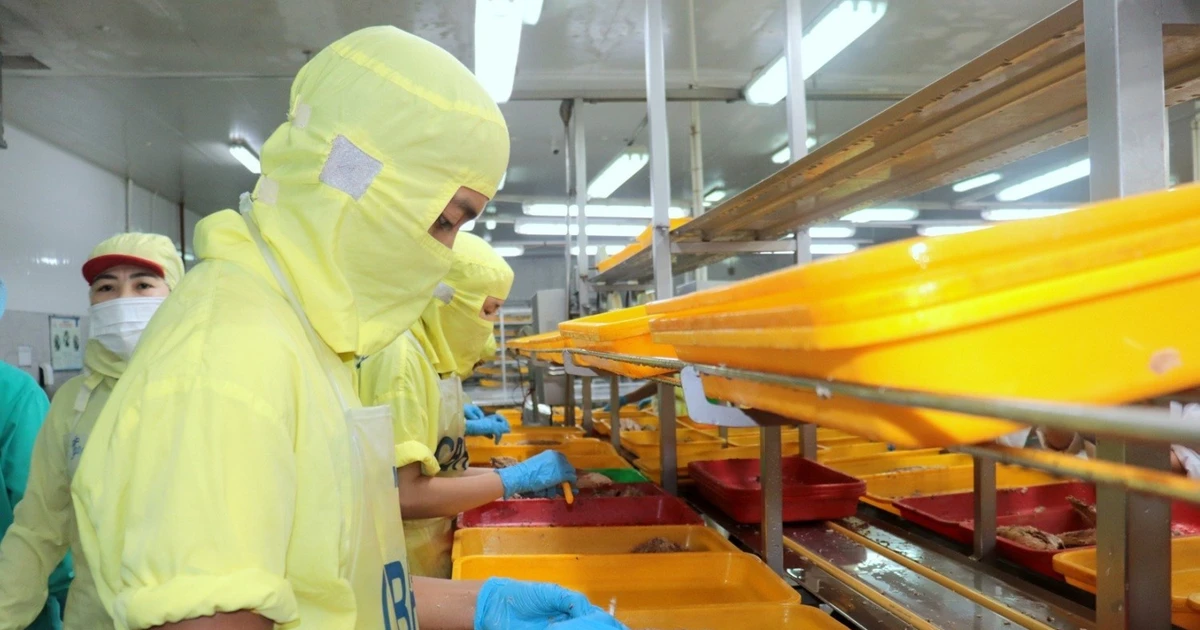







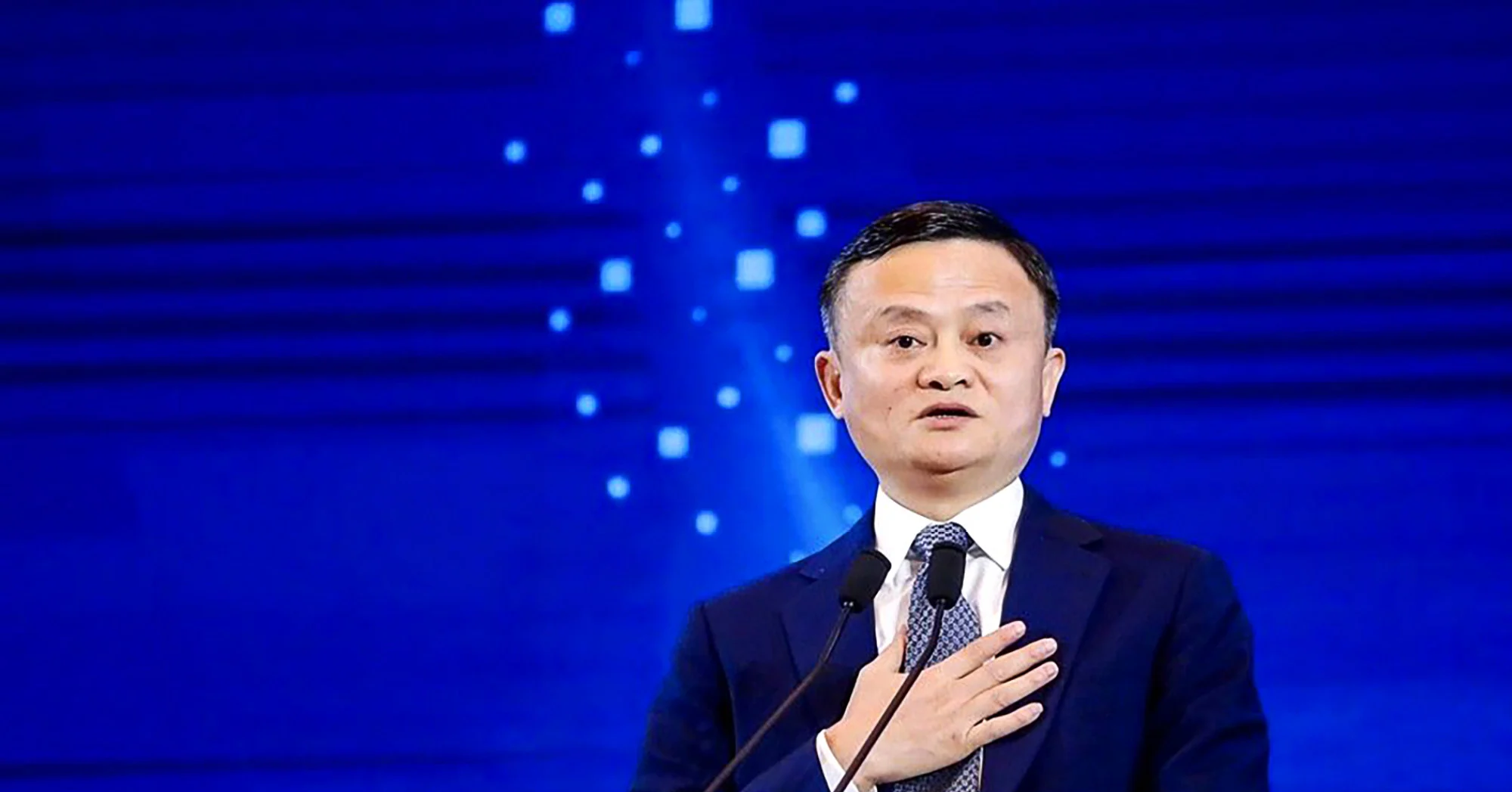




![[Photo] Summary of parade practice in preparation for the April 30th celebration](https://vstatic.vietnam.vn/vietnam/resource/IMAGE/2025/4/11/78cfee0f2cc045b387ff1a4362b5950f)








































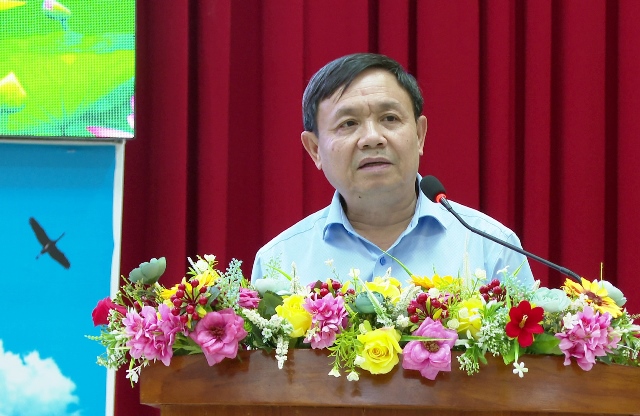



















Comment (0)